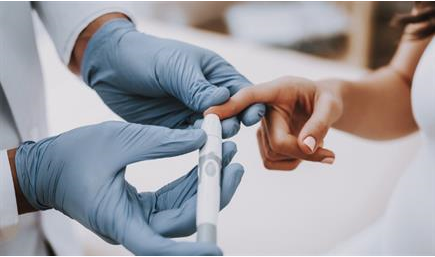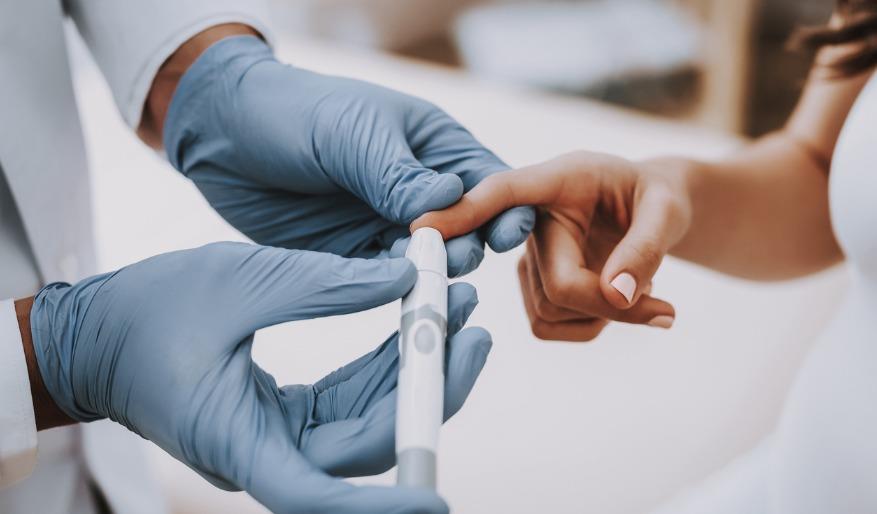Our Doctors
Meet all the doctors from Cleveland Clinic Abu Dhabi.
View Doctors
It’s a common condition, but how much do you really know about it?

We have all heard of diabetes, and you probably know someone who has it. In fact, in the UAE, it is estimated that as many as 1 in 5 people have the condition, with the number expected to double by 2040.
But how much do you really know about diabetes? Would you be able to spot the early diabetes symptoms? And are you aware of the factors that might be putting you at risk?
We take a look at the condition in detail and explore ways you can protect yourself from diabetes complications in the future.
When we eat food, our body breaks it down and the sugar (glucose) enters our blood stream. A hormone called insulin helps the cells in our body absorb this sugar, so they can convert it to energy. People with diabetes don’t produce insulin, or it doesn’t work properly, so the glucose stays in the blood and the blood sugar level increases. Over a period of time, this can cause damage to many of the body’s organs.
There are several types of diabetes:
Risk factors for diabetes vary depending on the type. Risk factors for Type 1 include:
Risk factors for Type 2:
The symptoms of diabetes may include:
Diabetes is diagnosed and managed by checking blood glucose levels. Your doctor will perform a fasting glucose test, a random glucose test, and an A1c test, which shows your average glucose level over the last few months. Additional blood and urine samples may also be tested for people with Type 1 diabetes.
It is very important that anyone who has any of the risk factors for diabetes, or is showing any of the symptoms above, is tested. If diabetes management is not started early, it can lead to severe complications later on.
For anyone diagnosed with diabetes, keeping risk factors under control is very important, as the disease can affect the whole body. This includes keeping blood sugar levels as normal as possible by taking medication, following a healthy eating plan, and keeping active. Cholesterol, triglyceride and blood pressure levels all need to be monitored as well.
Type 1 diabetes cannot be avoided. While some of the risk factors for Type 2 diabetes, such as family history, can’t be avoided, there are many other risk factors that we can control. Generally, adapting to a healthier lifestyle will decrease your chances of developing the disease. Aim to keep your weight within a healthy range, eat a well-balanced diet, exercise regularly, quit smoking and always see your doctor if you have any of the symptoms for diabetes.
As some patients may not experience any diabetes symptoms, regular health screenings are an important way of ensuring diabetes is diagnosed as early as possible.
There are also things you can do to help prevent the serious complications associated with diabetes. Managing the condition is key and requires continuous follow-up care. Your doctors will monitor your medication to control blood sugar and any other risk factors and offer advice and support to ensure you are adapting to a healthier lifestyle. When the disease is managed properly, the risk of complications in the future are minimized.
Diabetes is a serious health concern, so if you think you are at risk, talk to your doctor. Early diagnosis will mean that the condition can be managed properly and, when supported by healthy lifestyle changes, the risk of long-term complications is reduced.